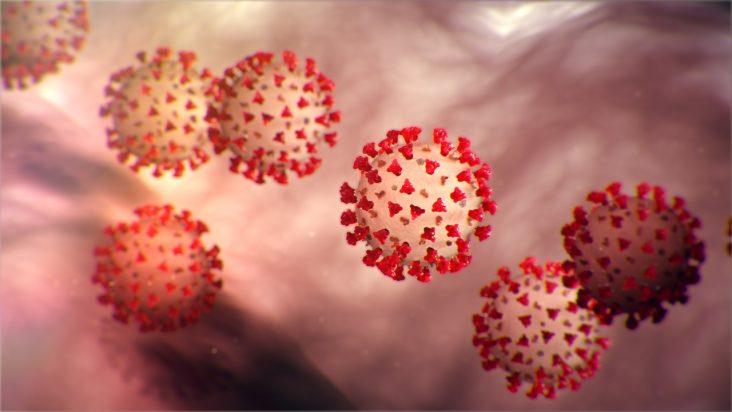Baptist Health CEO navigating pandemic financially, workforce back at 100%
by August 23, 2020 12:55 pm 1,511 views

Baptist Health President and CEO Troy Wells said austere measures taken early in the COVID-19 pandemic have allowed the state’s largest hospital system to bring back furloughed workers and survive financially.
Wells said the financial health of the network has reversed reductions in workforce and benefits as of the end of July.
“I am real proud to say about end of July we had everybody back, we brought all our workforce back. We restored some of the retirement benefits we had to stop making at the time, back in April. We’ve restored that now as of the end of this month and we’re doing great,” Wells said in a Talk Business & Politics interview.
Volumes for medical services are still trailing pre-COVID-19 levels, but Wells said, on average, Baptist Health is about 5% below normal.
“We’re running about 5% per week below where we used to be, and that looks like for the time being, it could be the new normal for us,” he said. “That was the impetus for saying, ‘You know what? We need to bring our people back, get them back to work, make sure we can provide the services the way we need to.'”
One area where Wells said patient levels are far below normal is in the emergency room.
“For our whole system, we’re down about 19% in the ED [emergency department] and it varies across our 11 hospitals. Little Rock is only down 6%, Fort Smith down 25%. North Little Rock is down 20%. But on average, it’s 19% across the system. That’s huge,” he said.
Wells said physicians are telling him that patients who stayed away from hospital settings during the first few months of COVID-19, as encouraged by government health officials, may have waited too long to address significant health concerns.
“That’s the implication of a lot of folks not coming when they need to. And when I looked at our specific data for Baptist Health, the biggest change in that ED volume is in cardiovascular disease. So the message out there is if you’ve got chest pain, go to the ED, don’t think it’s going to be okay,” Wells said.
While watching the pandemic unfold up close, Wells said he’s not certain of a timeframe for a fuller recovery. Like others in the health care field, he is reliant on science to deliver a vaccine that could end the uncertainty in the public health crisis. He also warns that a “miracle cure” may be more complicated than a simple vaccine.
“From all the scientists that [a vaccine] seems to be the solution,” Wells said. He noted the virus didn’t die out after the first wave and this summer has been worse than anticipated.
“We continue to see these little surges all over the country and even in Arkansas in different parts of the state. It’s different. So, you know, when I listen to the medical experts around the country, the vaccine seems to be the solution of this. Now the challenge or the worry I have is that, it’s not one vaccine and you’re done. It is one vaccine and three months later, your antibodies have worn off, you need another one. So I don’t know what that’s going to look like, but I know a lot of smart people are trying to figure it out,” he said.
Watch Wells’ full interview in the video below.
